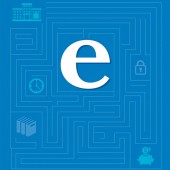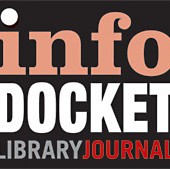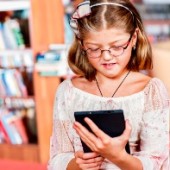
For this close-up report on going digital, SLJ talked to academic experts, librarians, teachers, and students at two Illinois high schools. Big questions: What are the best ebook providers? How many student iPads get damaged? Do students read more in ebook or print? And more.




